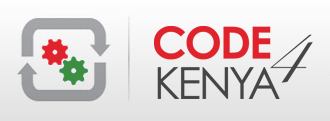
“Kenya’s new president, Uhuru Kenyatta, has been inaugurated in a peaceful transition of power after fears that a close election result and contested court case might lead to violence,” writes Alex Plough of Thomson Reuters AlertNet.
“One group in particular will feel they played a part; a small team of software developers and activists called Code4Kenya. Their web application, GotToVote!, helped Kenyans to register at polling booths, send peace messages and report electoral fraud. Its success shows the power of open data for civil society as well as its challenge to traditional models of international aid,“ Plough writes. "The Code4Kenya program was conceived and funded by the Africa Media Initiative (AMI) and the World Bank’s Innovation Fund as a way to cultivate Kenya’s open data ecosystem as well as harness the talent of its expanding IT sector.”
“According to Justin Arenstein, an ICFJ Knight International Journalism Fellow working for the AMI, this important information was locked in a large, complicated PDF file, a format that is notoriously difficult to extract data from,” Plough writes. Code4Kenya “set about scraping the information and turning it into an interactive spreadsheet that was used to build the GotToVote! website.”
Read the Thomson Reuters AlertNet story here.
Read more about Arenstein’s work with the African Media Iniative, Code4Kenya and Code for Africa here.